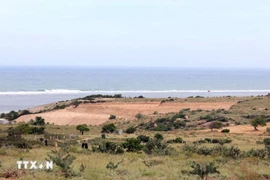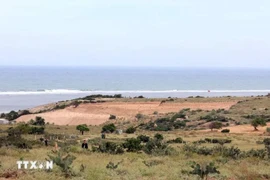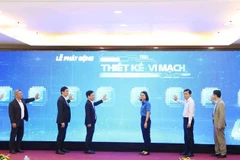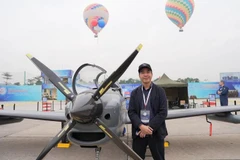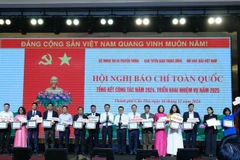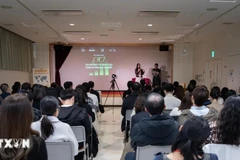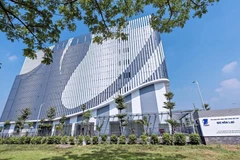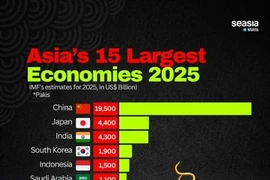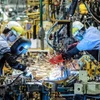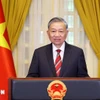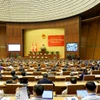London (VNA) – Vietnam should research the feasibility of applying small modular nuclear reactor technology that the UK is currently working on, according to Dr. Dao Duc Cuong from the mechanical, engineering and energy faculty of the University of Bradford of the UK.
Talking to the Vietnam News Agency’s correspondents in the UK, Cuong said nuclear power still plays an important role in the UK’s electricity generation structure, accounting for about 14-15% of the total electricity output, ranking third after gas and wind power.
According to the expert, to ensure energy security and achieve the net-zero emissions target by 2050, the UK government has focused on developing nuclear power alongside other renewable energy sources like wind power, looking to raise the proportion of nuclear power to 25% by 2050.
Regarding Vietnam's plan to restart its nuclear power development programme, Cuong said it is inevitable for Vietnam to diversify energy sources and develop clean energy such as renewable energy and nuclear power.
Vietnam boasts many advantages in sustainable energy, supported by years of research, surveys, and a legal framework for developing nuclear power, he noted.
Cuong, however, pointed out several challenges for Vietnam in developing nuclear energy regarding investment capital sources and the long time for development, stressing that it is necessary to conduct a detailed economic and technical feasibility study before proceeding.
Another major issue is that Vietnam has not yet mastered the technology and lacks experience in construction, installation, management, and operation, he added.
Therefore, the country needs to conduct thorough research and evaluation when selecting partners and technologies, especially when assessing the economic and technical feasibility, the expert said, adding that attention should also be paid to improving internal capabilities to join the supply chain of construction, installation, and operation of nuclear power plants in the future.
Vietnam can partner with nuclear powers, including the UK, to build nuclear power plants; and send experts to partner countries for training, Cuong said.
He also emphasised the issue of nuclear waste management, noting that this should be addressed in parallel with the construction of nuclear power plants./.

